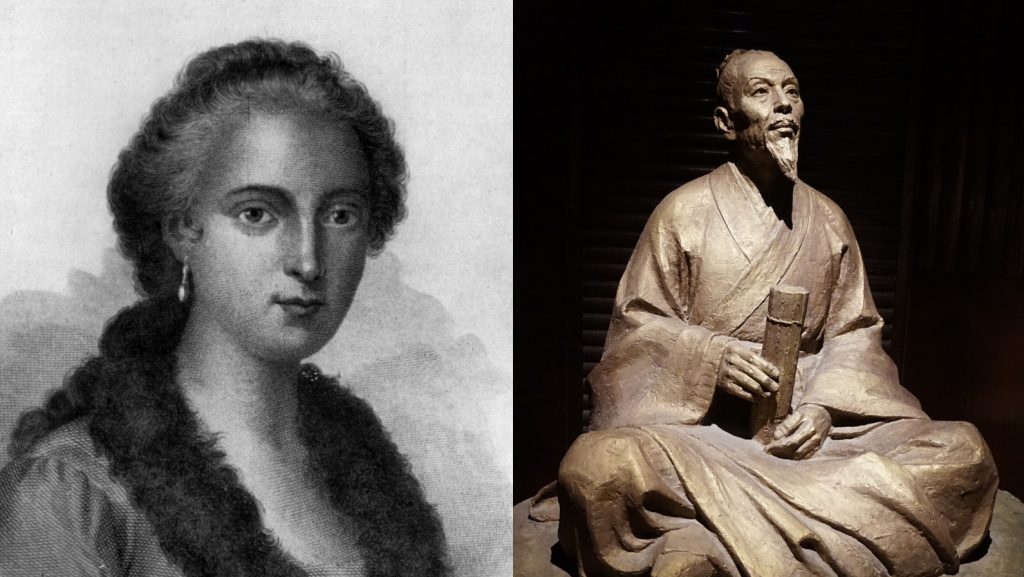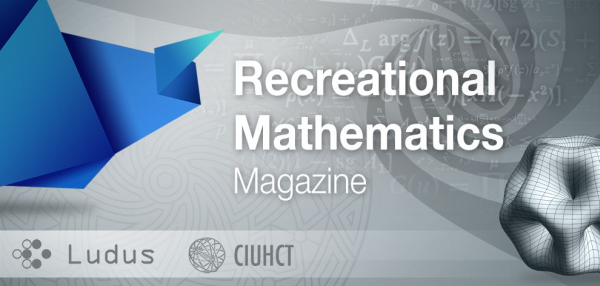Two competitions have been announced by the British Society for the History of Mathematics.
Schools
The schools competition invites participants to “make a case for the most important/your favourite mathematician in the history of mathematics” by either writing an article or producing a video or multi-media project.
This competition is your chance to explore how mathematics has developed and achieved its status and who were the most important mathematicians in history who contributed to it. This year we would like you to concentrate on choosing one mathematician who has, in your opinion, been the most important person, your favourite, and to make the case for it – to explain his/her mathematics and to show their importance or what you think was special about it and them.
This is run with Plus Magazine and there are two categories for ages 11-15 and 16-19. The deadline for entries is 1st September 2019. Guidance, rules, etc. via BSHM Schools Plus Competition.
Undergraduates
The Undergraduate Essay Competition invites essays on any topic in history of mathematics of no more than 2500 words in length and is open to people enrolled as undergraduates in UK and Irish universities in academic year 2018/19. The deadline is 21st June 2019. Guidance, rules, etc. via BSHM Undergraduate Essay Prize.


